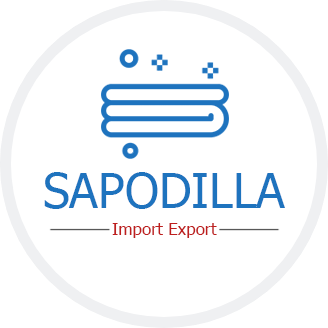In the modern world of fashion and textiles, cotton towels are not only prized for their softness, excellent absorbency and color fastness, but also for their ability to be environmentally friendly when produced in a sustainable way. sustainable solution. For modern consumers, the choice of cotton towels is not only based on product quality but also on the product’s impact on the environment. Here’s some expert advice on how to choose environmentally conscious cotton towels.
Benefits of Organic Cotton
1. Environmental Protection
Reduced Chemical Use: Organic cotton is grown without the use of synthetic fertilizers and pesticides, minimizing negative impacts on the environment. These chemicals often pollute soil, water and air, affecting ecosystems and human health.
Saves Water: Growing organic cotton typically uses less water than conventional cotton. Organic farming methods often include improving soil structure and using efficient irrigation techniques, which reduce the amount of water needed for crops.
Preserving Biodiversity: Organic cotton helps protect biodiversity by avoiding the use of chemicals that are harmful to soil and organisms. This helps maintain a balanced ecosystem and protect rare plant and animal species.
2. Protecting Consumer Health
Safe for Consumers: Organic cotton products do not contain toxic chemicals and are safe for users, especially children and people with sensitive skin. Chemicals commonly used in traditional cotton growing and processing can cause skin irritation and other health problems.
Improved Working Conditions: Growing organic cotton improves working conditions and health of farmers due to lack of exposure to toxic chemicals. This also contributes to building a sustainable and healthy agricultural community.


